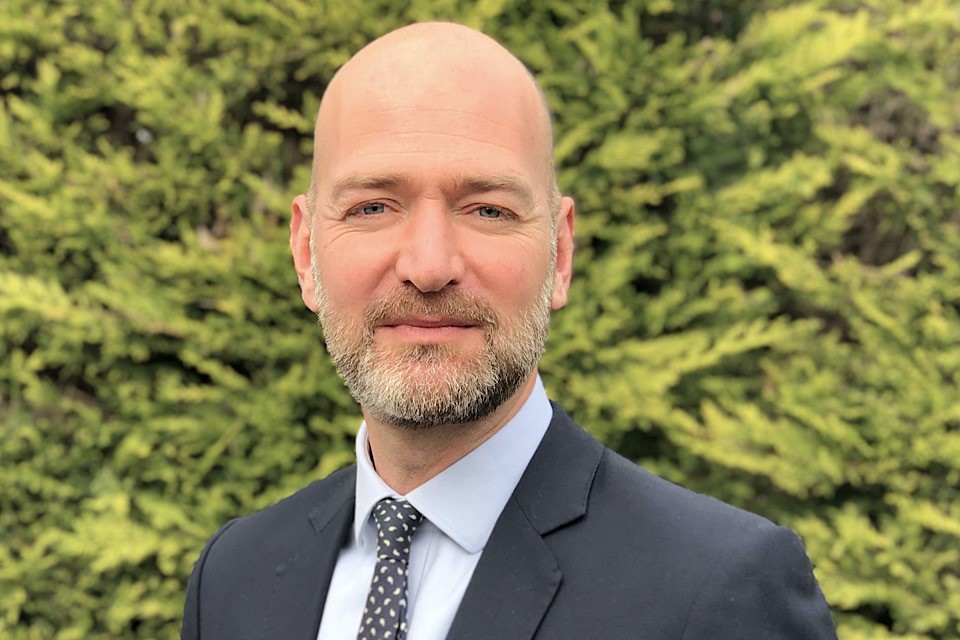In a call today with Prime Minister Dr The Hon. Ralph Gonsalves, British High Commissioner Designate to St Vincent and the Grenadines, His Excellency Scott Furssedonn-Wood reaffirmed the UK’s commitment to supporting St Vincent in its immediate and longer-term recovery from the volcanic eruptions.
Mr Furssedonn-Wood commended Prime Minster Gonsalves on his Government’s response to the devastating explosions that saw about 20,000 people evacuated from the red and orange zones.
The two officials spoke about the UK’s ongoing assistance – with the latest commitment being £550,000 ($695,000 USD) in emergency funding. This will be delivered via the World Food Programme (WFP) and will help families displaced by the volcano meet their immediate nutrition, hygiene and other essential needs for three months.
The latest commitment takes the UK’s emergency funding to over £800,000 ($1m USD) since the eruptions began on April 9 – following an earlier release of £200,000 ($278,000 USD) to the Caribbean Disaster Emergency Management Agency (CDEMA) within 24 hours of the first eruption. The urgent release to CDEMA enabled the immediate mobilisation of regional support teams and supplies for the initial relief effort.
Prior to the explosive eruption, the UK also provided £51,000 ($70,000 USD) for aerial helicopter surveillance and equipment installations to help analyse changes in the volcano and boost early warning for a timely evacuation.
In addition, the UK is supporting the international response in St Vincent and the Grenadines in several important ways including:
The UK is a major donor and longstanding contributor to the UN Central Emergency Response Fund (CERF), which has so far allocated $1m (approximately £719,000) to St Vincent and the Grenadines in response to the eruptions. This will be used for water, sanitation and hygiene, alongside supporting livelihoods.
The UK is a donor to the International Federation of the Red Cross Disaster Relief Emergency Fund (DREF), which has allocated funding of some £209,000 ($290,000 USD) to the Red Cross response. This will go towards water and sanitation, livelihoods support and shelter.
The UK is the largest financial contributor to the World Bank’s International Development Association (IDA) facility. The World Bank recently disbursed $20m (£14m) of IDA funds from its Catastrophe Deferred Drawdown Option (Cat-DDO) to support the government’s emergency liquidity needs.
The UK was a founder member of the Caribbean Catastrophic Risk Insurance Facility (CCRIF), which has provided a $2.2m (£1.5m) grant for ongoing relief and recovery efforts.
The longer-term sustainable and economic recovery of St Vincent and the Grenadines was also a key focus of discussions in today’s call. His Excellency underscored the UK’s ongoing programme of development assistance to St Vincent and the Grenadines, totalling over £40m (approximately US$55.5m). This will make a critical contribution to the country’s longer-term recovery from the eruption through initiatives including:
Funding for critical infrastructure projects such as the new cargo port facilities and access roads near the existing Kingstown Harbour.
Upgrading of health care facilities across the island – retrofitted to be safer, greener and better able to withstand the impacts of future disasters.
Supporting the island’s pre and post-disaster management systems.
Supporting the sustainable energy sector in St Vincent and the Grenadines through investments in renewable energy and energy efficiency.
Providing training opportunities for the nation’s youth through our Skills for Youth Employment programme.
As well as specific funding for St Vincent and the Grenadines, the UK supports wider regional efforts:
The UK has provided over £15m to the Pan American Health Organisation (PAHO) for critical health supplies across Latin America and the Caribbean to support the fight against COVID-19.
We have committed £548m, as one of the largest donors to the COVAX Advanced Market Commitment (AMC) mechanism, to facilitate fair and equitable global access to vaccines. St Vincent and the Grenadines recently received its first delivery of 24,000 doses under the COVAX AMC.
The UK recently pledged £21m to the Caribbean Development Bank’s Special Development Fund (SDF) from which St Vincent and the Grenadines will directly benefit. The SDF will play a critical role in supporting the region’s long-term social and economic recovery from COVID-19.

